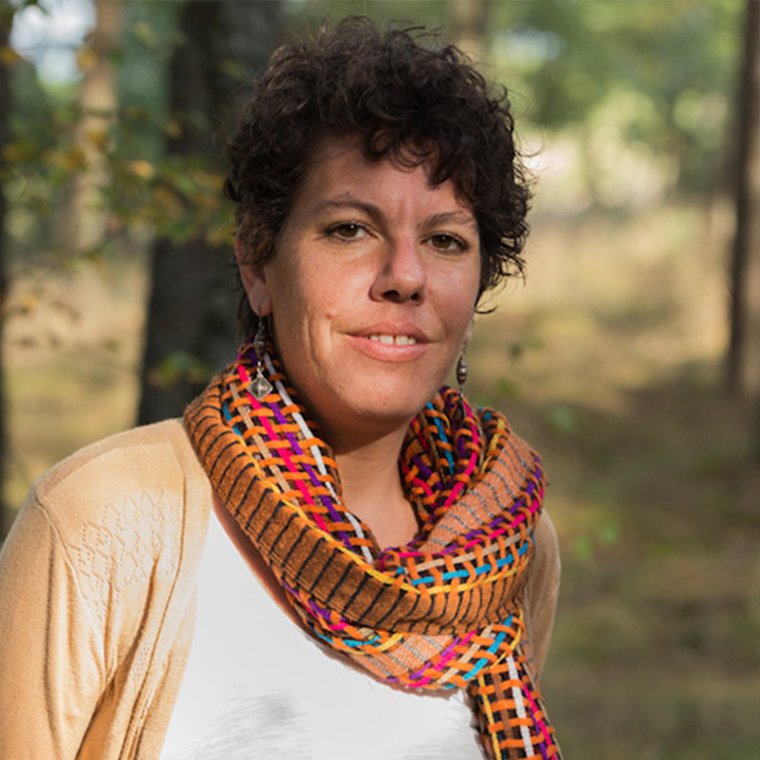CCU faculty member Amira Hanafi wins ArtFields grand prize with digital artwork
Hanafi has long operated on this principle and taught it in her writing classes, yet her accomplishment at ArtFields, a regional art competition held annually in Lake City, S.C., has reinforced the concept and solidified it within a broader public. Hanafi’s interactive digital artwork, titled “Mexicans in Canada,” recently won the grand prize at the 2023 event and brings with it an award of $50,000. This is the first year a digital piece has claimed the top prize at ArtFields.
“Mexicans in Canada,” which Hanafi produced in 2020, is a digital poem that reassembles a sentence drawn from comedian Gabriel Iglesias’ documentary series Inside Jokes: “…and the next thing you know, there’s Mexicans in Canada.” Hanafi uses that line as her foundation and builds upon it, moving the viewer across the world, crossing borders among countries, territories, citizens, and migrants. The digital script cycles at breakneck speed through two words: a type of people (or demonym) and a nation, within the larger phrase of “and the next thing you know.” The reader/viewer clicks on the sentence, and it stops momentarily, on a phrase such as, “and the next thing you know, there’s Kosovars in France.” The continual processing of people and places allows the reader/viewer to recognize the expansiveness of the world, the array of people moving within it, and the temporality of borders.
Throughout her education and career, Hanafi has viewed herself as an artist as well as a writer, though boundaries are often drawn between the genres.
“I consider myself very much an artist and a poet,” said Hanafi. “I used to use the word ‘writer,’ but I went back to ‘poet.’ I feel that poets are the artists of language. For me, language is the material I work with, like a sculptor would work with stone, or something to that effect.”
As writer-in-residence in the Department of English, Hanafi’s instruction reflects her beliefs in the crossover between art and writing.
“In my classes, I’m very resistant to the boundaries between genres,” said Anafi. “I teach students that genre is really flexible, and these boundaries are actually just market boundaries. Even further, you have the power to shift what the market sees as art.”






